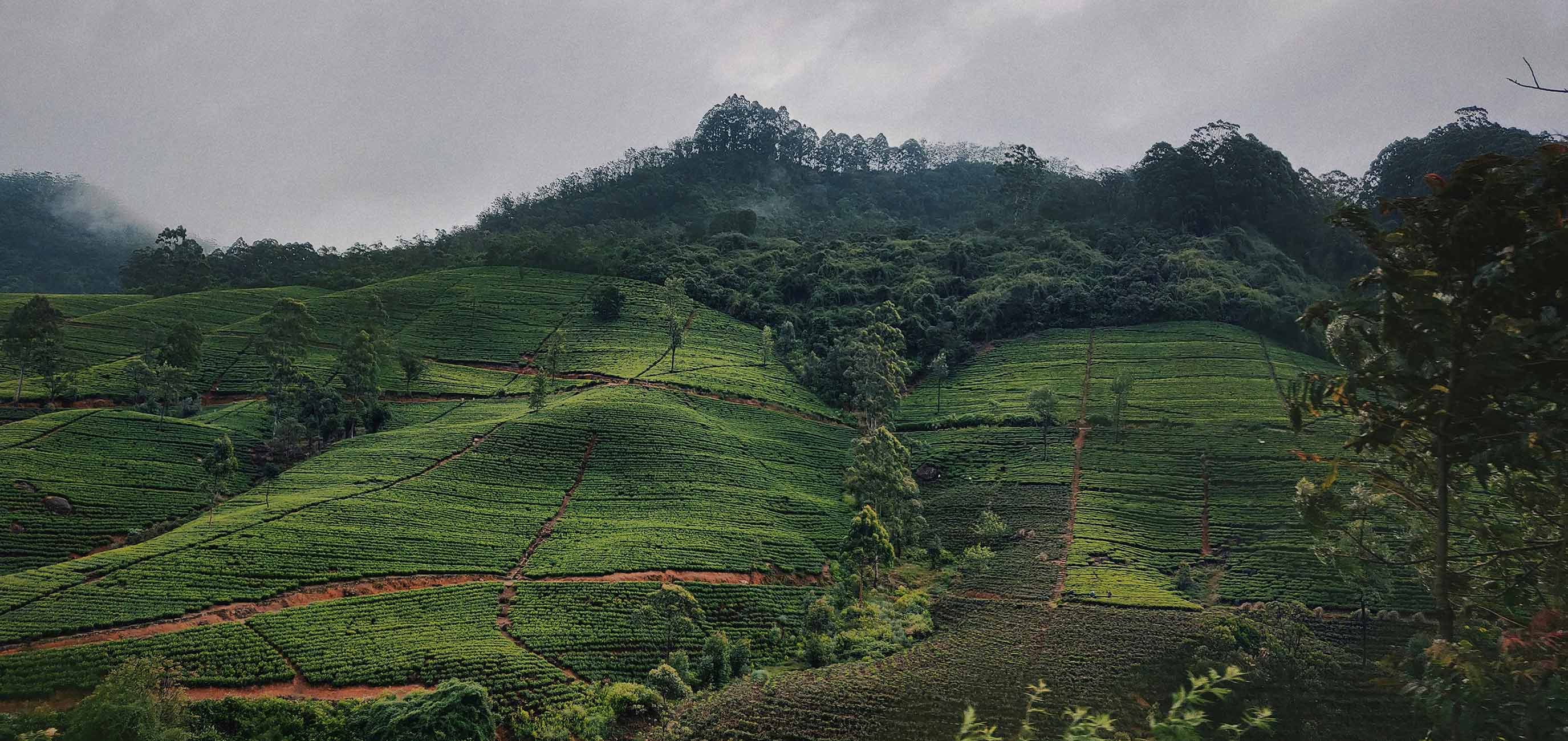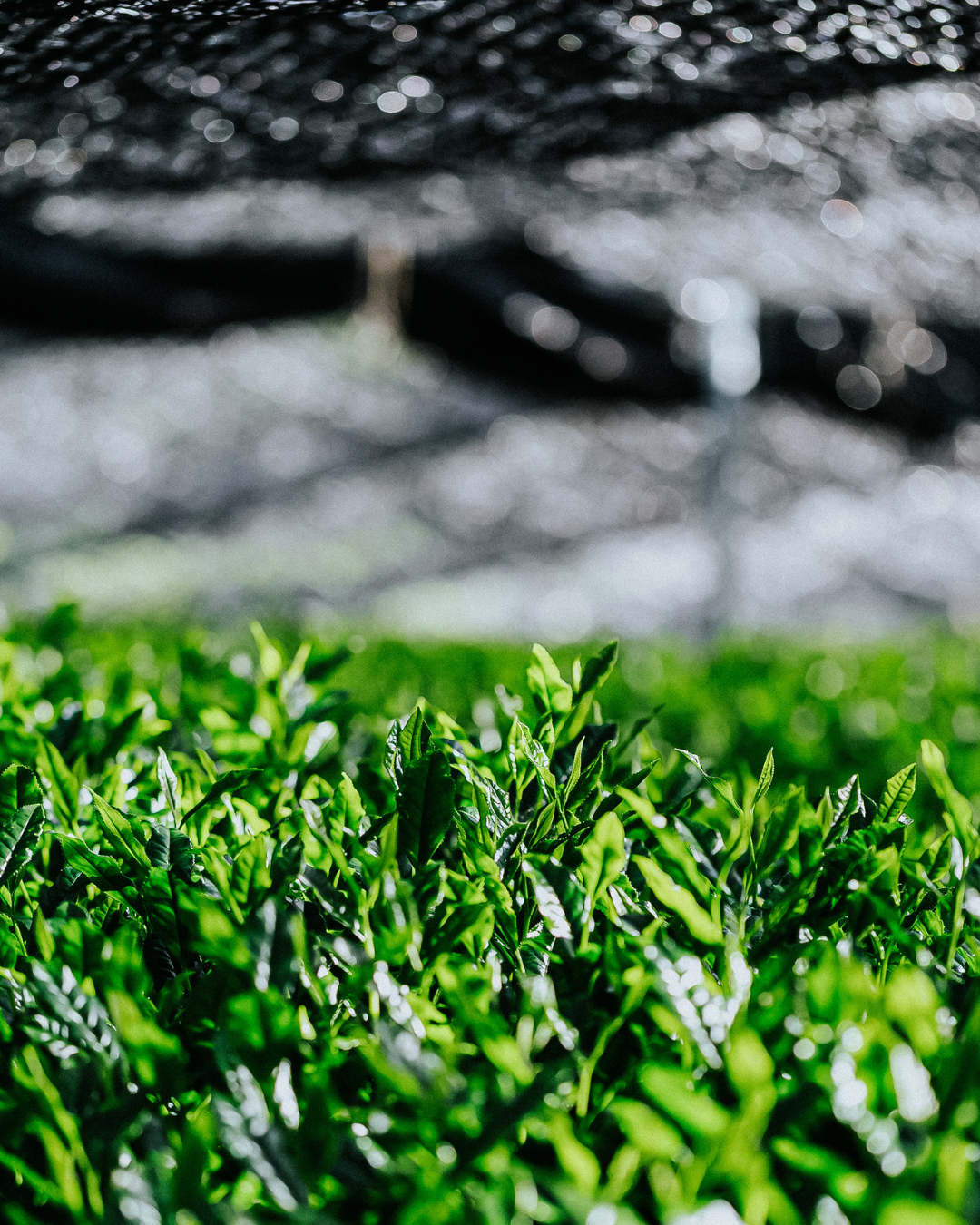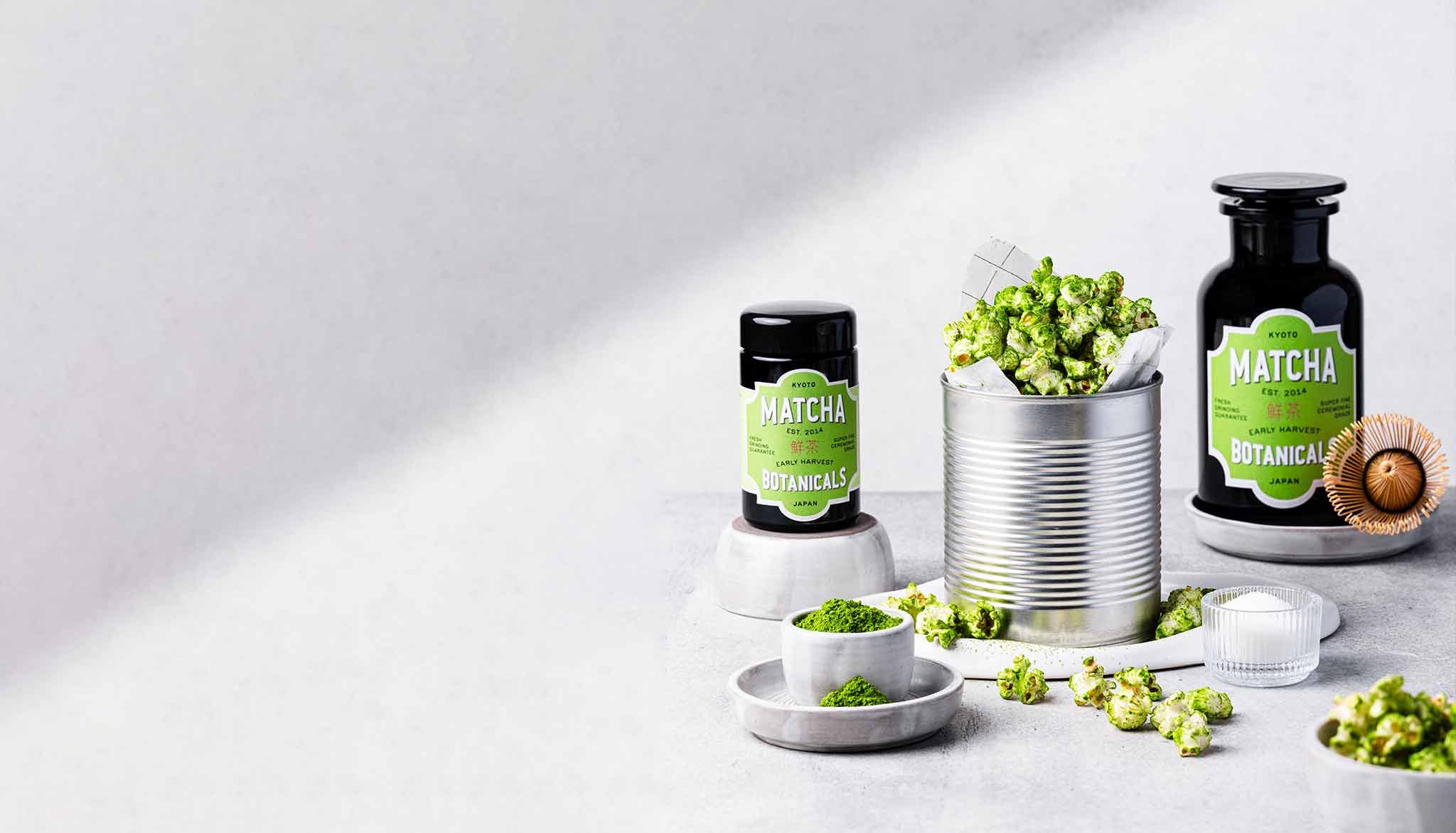Matcha, which means “powdered tea” in Japanese, is made from tea leaves that are shade-grown for several weeks before being harvested.
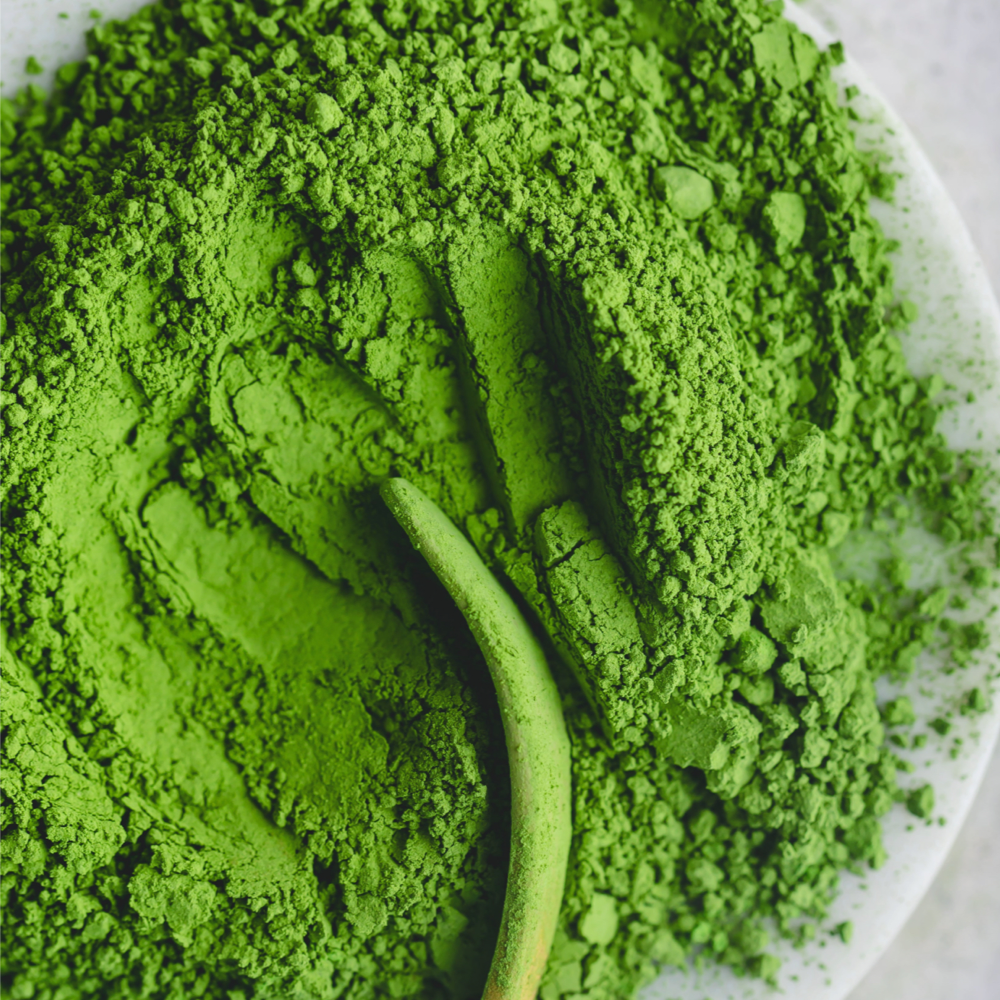
The Virtues
Matcha offers the highest known value of cell-protective antioxidants of any natural product. These antioxidants, called catechins, are believed to have powerful anti-cancer properties.
The combination of caffeine and L-theanine in matcha helps achieve a state of heightened alertness and invigoration without the jitters associated with coffee consumption.
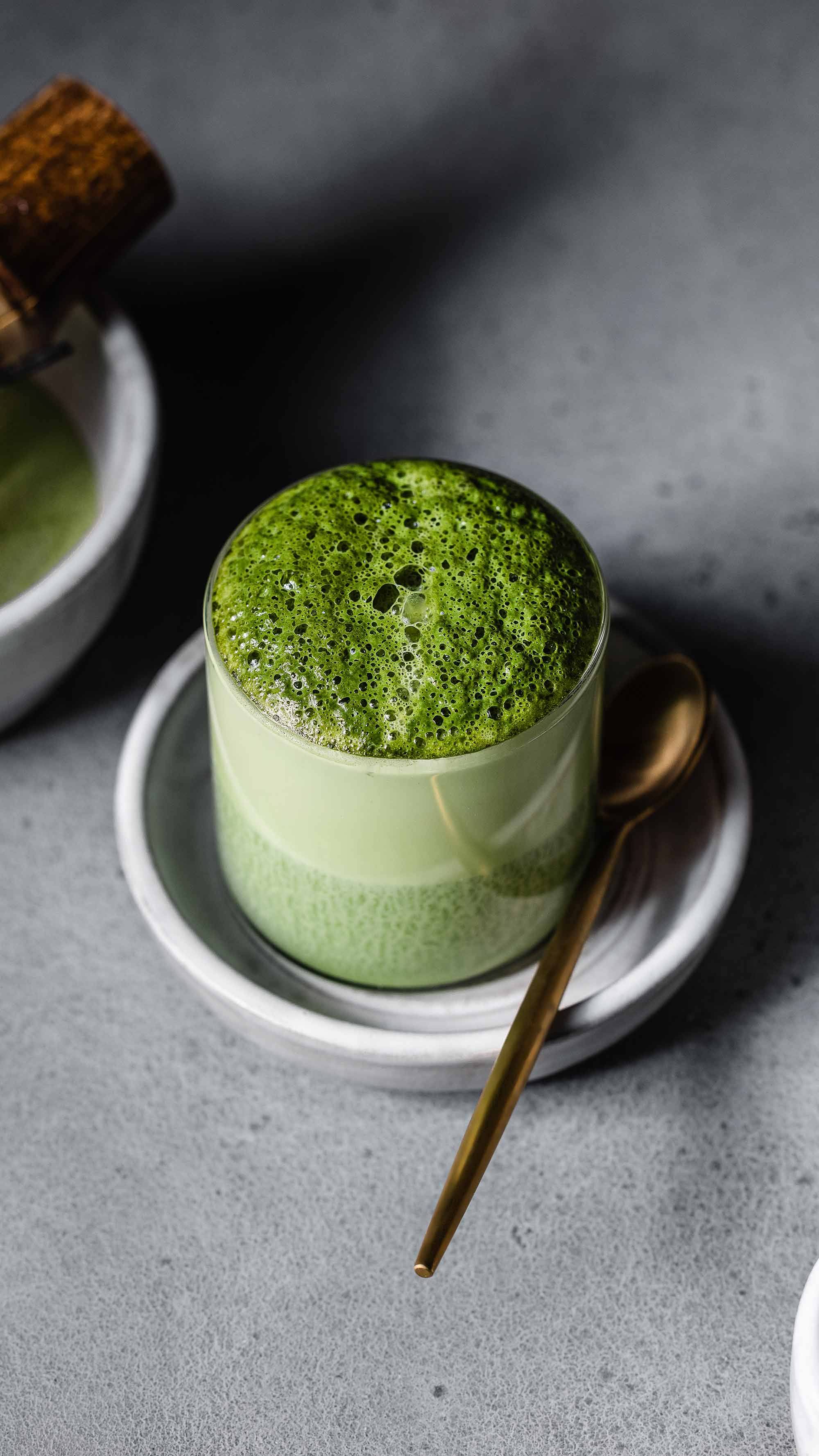
The Difference
Matcha is produced from special varieties of tea plants, and cultivated in a unique way that boosts their concentration of micronutrients.
Since Matcha is drunk as an emulsified powder, and not as brewed tea, the entire leaf is consumed and all of the nutrients it contains (amino acids, minerals, vitamins, fiber and antioxidants) are assimilated.
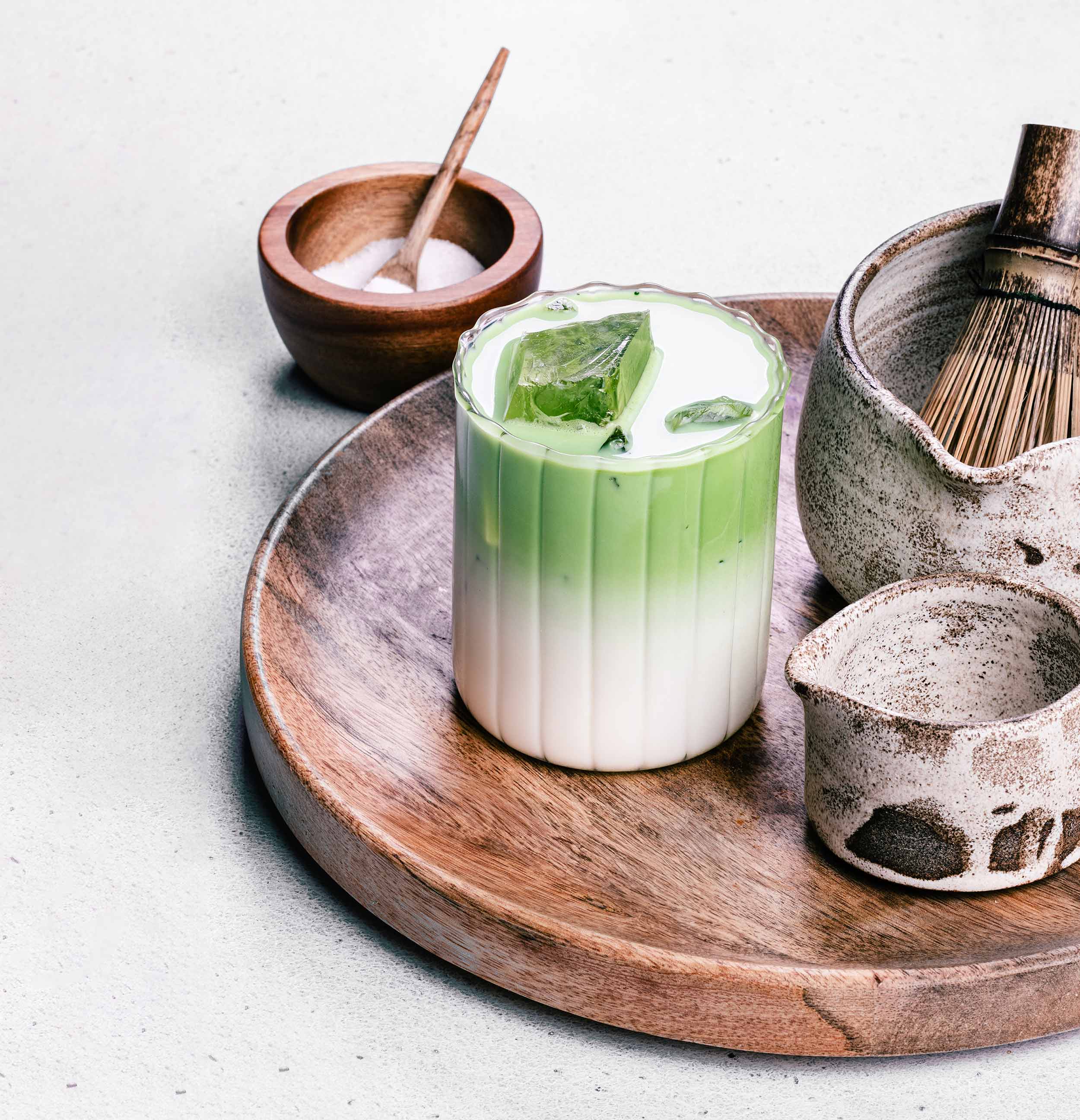
How do you consume it?
There are many ways to consume Matcha. The best known is called "Matcha-Latté", that is to say emulsified and mixed with milk. But it is also superb simply with water, where it reveals all its aromas.
In baking it has become a great classic as its color and fine aromas work wonders.
